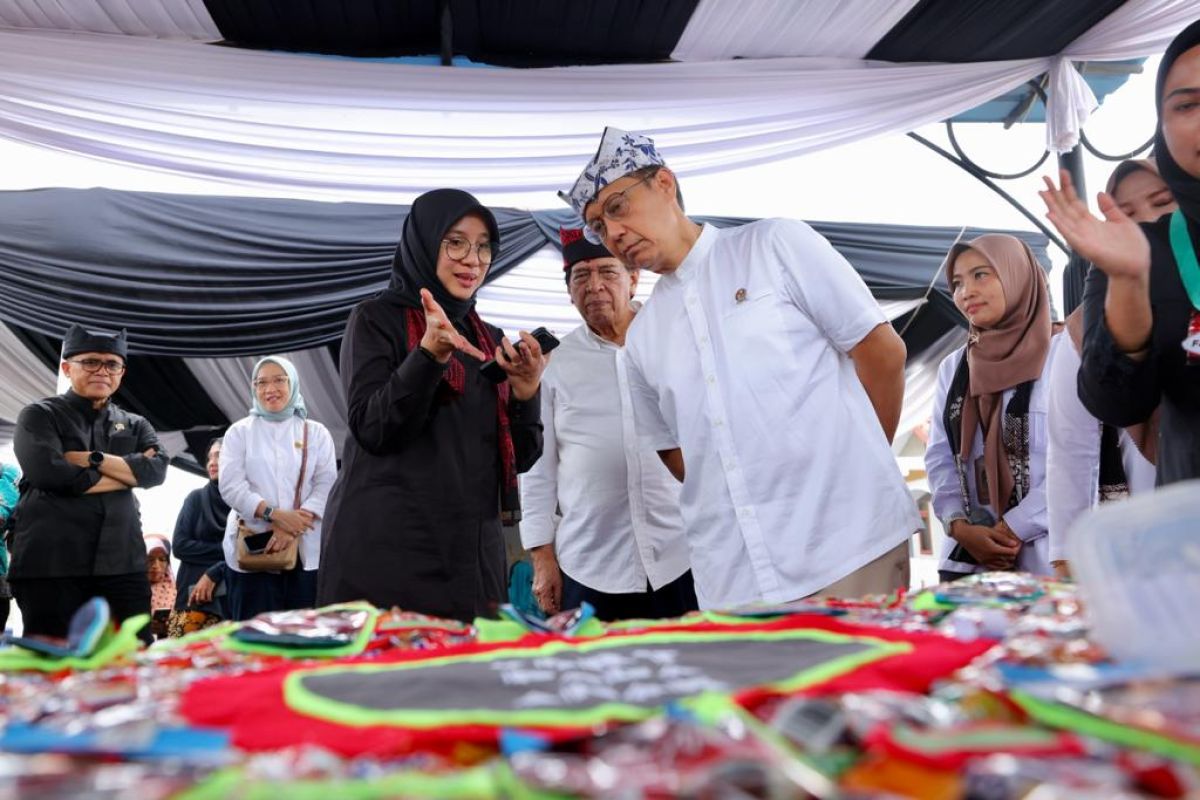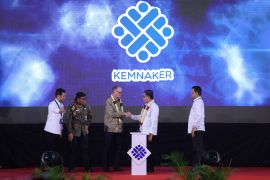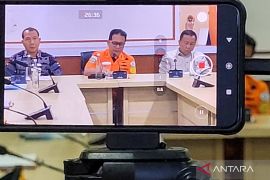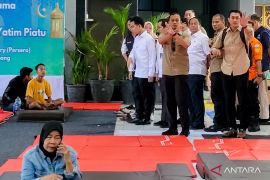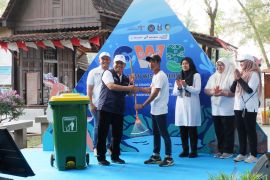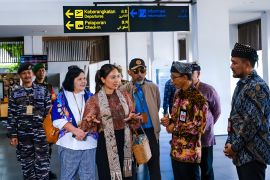He stated that the health service innovations developed in Banyuwangi are commendable, and he has heard about these innovations.
"I believe that Banyuwangi is a fitting destination for health service innovation," Sadikin stated while observing the implementation of Mal Orang Sehat at a puskesmas in the district on Saturday (July 8).
He praised the program for raising health awareness among the public and encouraging the implementation of promotion and preventive-oriented healthcare.
"This will motivate residents to adopt a healthy lifestyle for their physical health," he said.
In addition to observing Mal Orang Sehat, the minister also spoke with mobile vegetable vendors involved in the district's food distribution program aimed at children with stunting and high-risk pregnant mothers.
According to district data, the food distribution program covers up to 1,300 pregnant mothers and children with stunting.
Meanwhile, Banyuwangi District Head Ipuk Fiestiandani said that Mal Orang Sehat is the district's innovation to raise awareness of healthy living.
"At each puskesmas (public health center), health consultation services are equally important as medical treatment. We have even placed the Mal Orang Sehat spots in strategic places with comfortable facilities at each puskesmas," she explained.
The district head pointed out that non-communicable diseases, such as high blood pressure, stroke, and cardiovascular diseases, are the leading causes of death and are mostly caused by unhealthy lifestyles.
"So far, our healthcare service paradigm has revolved around treating diseases, which results in residents coming to health centers only when they are ill. It also makes our programs and budget focused on recuperation instead of prevention," Fiestiandani said.
She noted that regular health checks could reduce the prevalence of non-communicable diseases caused by unhealthy lifestyles.
Fiestiandani highlighted that the visit data from the top ten public health centers in Banyuwangi in 2022 showed that 58.8 percent of visitors were healthy residents, while the remaining 41.2 percent were sick residents seeking medical assistance.
"This means that residents' awareness has grown. They regularly consult their health conditions at puskesmas even when they are not ill," she said.
Related news: Health Ministry expands heart screening services to posyandu level
Related news: Health ministry drops biscuits for local foods in PMT program
Translator: Novi H, Nabil Ihsan
Editor: Anton Santoso
Copyright © ANTARA 2023
